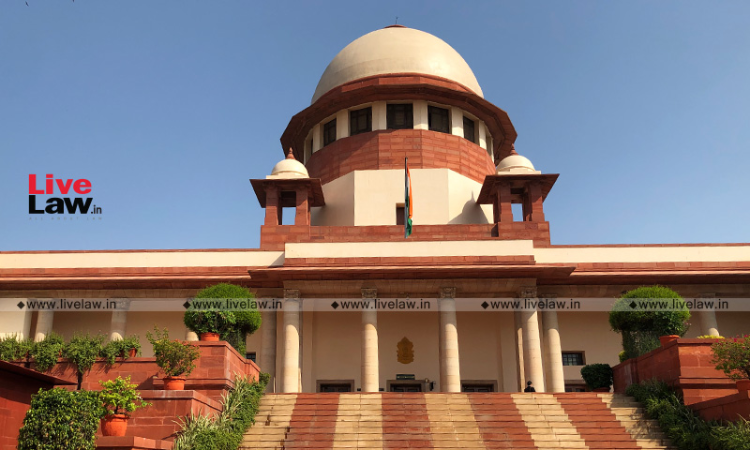The Supreme Court observed that a party is not barred from raising an additional ground for setting aside an arbitration award in arbitration appeal under Section 37 of the Arbitration Conciliation Act,1996, merely because the said ground was not raised in the petition under Section 34 to set aside the Arbitration award.In this case, an Arbitration award was passed in a matter between the...

